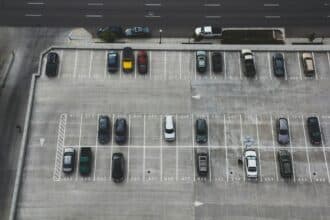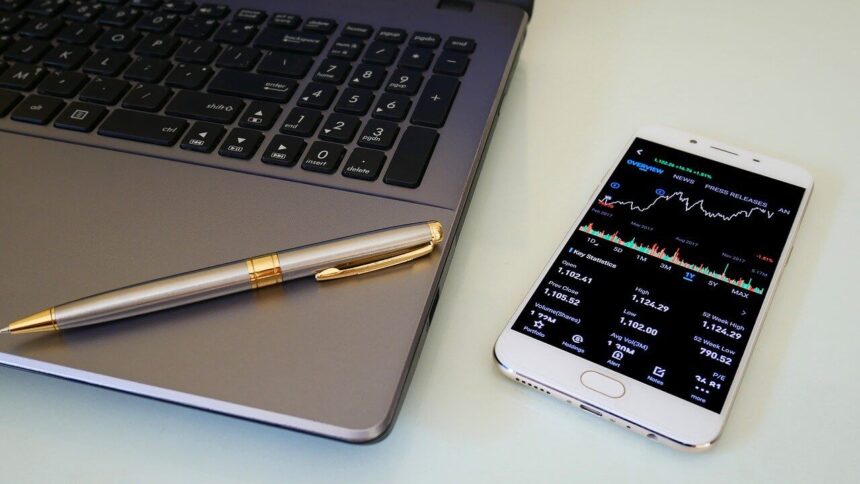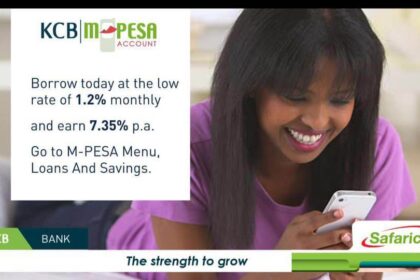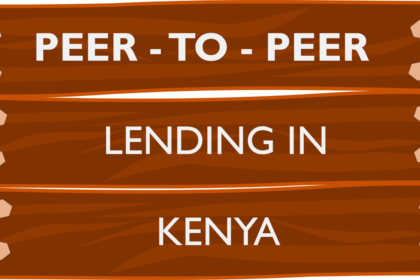So you’re interested in Forex Trading in Kenya? Great! This can be a very lucrative investment opportunity if done correctly.
In this article, we will discuss the basics of Forex Trading and provide some tips to help beginners get started.
We’ll cover Forex, how it works, and the risks involved. We’ll also provide a few resources to help you start your journey to becoming a successful Forex trader.
What is Forex Trading in Kenya, and How Does it Work?
Forex trading is the simultaneous buying of one currency and selling of another.
Currencies are traded through a broker or dealer and are sold in pairs. For example, the EUR/USD pair is the euro price in U.S. dollars.
When you buy a currency pair, you accept the base currency and sell the quote currency.
In the EUR/USD pair, you would buy euros and sell dollars. To buy or sell a currency pair, you first have to open a margin account with a broker that offers forex trading services.
Once your account is funded, you can place orders to buy and sell currencies.
When you place an order, you will choose the amount of currency you want to buy or sell, as well as the “leverage” or “margin” that you want to use.
What is a Leverage?
Leverage is a loan your broker gives you to increase your exposure to the market.
For example, if you have $1,000 in your account and use 100:1 leverage, you can trade $100,000 worth of currency.
What is a Margin?
Margin is the amount of money that is required to open a position.
For example, if the margin requirement for EUR/USD is two percent, you need $200 in your account to open a position.
Once you have placed your order, the trade will be executed at the current market price.
If the market price moves in your favor, you will make a profit. If the market price moves against you, you will incur a loss.
It is important to note that leverage can work both ways.
While it can help you make more profits, it can also magnify your losses.
This is why it is crucial to use stop-loss orders when trading with leverage. A stop-loss order is an order that will close your position at a set price to limit your losses.
Now that we’ve covered the basics of Forex trading let’s look at some tips to help beginners get started.
How do I Start Trading Forex in Kenya?
Forex trading is conducted online through a broker.
You will need to open an account with a broker that offers Forex trading services.
It is crucial to choose a reputable broker that is regulated by the Capital Markets Authority (CMA)
Once you’ve opened an account, you can fund it using various methods, including bank transfer, credit/debit card, or PayPal.
Once your account is funded, you can begin trading!
When choosing a broker, it is important to compare fees, spreads, and leverage options.
Some brokers may also offer bonuses or promotions to new clients.
It is essential to read the terms and conditions of any bonuses or promotions before signing up.
How to Start Trading Forex in Kenya: A step-by-step Guide:
Now that we’ve covered the basics of Forex trading let’s look at some tips to help beginners get started.
Here is a step-by-step guide on how to start trading Forex:
Step One: Learn the Basics of Forex Trading:
Before you start trading, it is vital to learn the basics. You can find a lot of information online or in books.
An excellent place to start is the Babypips website, which offers a free online course.
Step Two: Choose a Reputable Forex Broker:
As we mentioned, you will need to open an account with a broker that offers Forex trading services.
Choosing a reputable broker regulated by the Capital Markets Authority (CMA) is crucial.
Step Three: Open a Demo Account:
Once you’ve chosen a broker, the next step is to open a demo account.
A demo account is a practice account that allows you to test out the platform and try trading with virtual money.
This is a great way to learn how to trade without risking any real money.
Step Four: Open a Real Forex Trading Account:
Once you’ve chosen a broker, you must open a Forex trading account. Most brokers will require you to fund your account with a minimum deposit before you can start trading.
Step Five: Fund Your Account
Once your account is open, you’ll need to fund it to begin trading.
Once you’ve funded your account, you can place orders to buy and sell currencies.
Step Six: Monitor Your Positions
Once you have placed your orders, you must monitor your positions to ensure that you are making a profit.
Step Seven: Close Your Positions
When you’re ready to close your positions, you can do so through your broker.
By following these steps, you’ll be well to becoming a successful Forex trader!
The Best Online Forex Brokers in Kenya 2024
All Forex brokers in Kenya should be authorized and regulated by the Capital Markets Authority; this is good and should protect you as a trader from losing your money.
But I will also list others who are good but are not yet regulated.
Here are some of the best online forex brokers in Kenya:
- EGM Securities Forex broker
- PepperStone Kenya
- ForexTime (Exinity Group)
- Scope Markets.
- FXPesa Forex broker
Other international Forex traders include:
- AvaTrade
- FOREX.com
- eToro
- FXTM
Those are some of the best forex brokers you can start working with.
However, it would be best if you were careful as companies could scam you, or something they do can get you charged with a crime.
Finding a broker requires some research, but you can do this easily by looking for a broker approved by the government.
In addition, you should look for a company that offers low commissions on its trading platform.
One central point to look for in an online forex trading broker is customer service. It should be one of the essential points you consider when looking at brokers, assuming it can make your experience better or worse.
Forex Trading Account Types
There are various account types for forex traders, depending on the size of their capital.
- Micro account – To start trading in foreign currencies, there is not a lot of money required. Micro accounts often require as little as Ksh 10,000 to get started.
- Mini account – If your investment is over Ksh 100,000 on Forex trading, a mini account suits you best. The benefits of this type of brokerage are higher, but so are its risks.
- Official account – If you plan to trade larger volumes and have over $10,000, you can apply for a standard account and trade volumes more significant than $100 thousand. Remember that the more considerable the currency is traded, the higher the risk.
Brokers operate in Kenya to make money, charging fees on transactions, so you should expect excellent customer service. Although brokers can be native or foreign, it does not matter if they serve Kenyans.
To minimize the negative impact of a bad broker, they should be prompt with their responses and resolve trading problems quickly.
Furthermore, if a broker ignores you or provides poor service, you should not work with them.
If brokers offer good support services, it is worth opening an account because they are less likely to treat you poorly than less.
How to be successful in Forex Trading in Kenya
Forex is a subtle way of making money online. It would help if you approached it with care. When learning how to trade currencies, the first step is to read Baby Pips’ site and learn the basics. In addition, consider the tips below to be a successful Forex Trader in Kenya.
- Before starting to trade, research both online and offline. Being an active trader for the first time can be daunting because of all the choices you will need to make. Start on Google and look at various online brokerages before engaging with any broker. This will help your research by seeing what other people say about them.
- Look for reviews; you need to know your broker as a Forex trader. You also want to ensure they are legit and do not steal your money. The government should license forex brokers so it is easy to find these online reviews.
- Always make sure that your Forex broker has an office in Kenya
- Get someone who has been doing Forex trading and is a successful Forex trader in Kenya. You can start with a friend or someone you know online. Look for someone who has been in the industry for ten years or more.
- Check if a significant oversight body regulates that brokerage. As of writing this post, there is one Kenyan Licenced Broker. So you can be assured of their transparency and honesty.
- Make sure you check the broker’s website. It may be the right firm if it is professional and active, but check out for signs that things are not what they seem.
Additional Resources
Here are a few additional resources to help you in your journey to becoming a successful Forex trader:
The School of Pipsology: This website offers free courses that teach Forex trading basics.
The BabyPips Forum: This forum is a great place to ask questions and get advice from experienced traders.
TradingView: This website offers free real-time charts and market data.
By following these steps and utilizing these resources, you’ll be well to becoming a successful Forex trader! Good luck!













